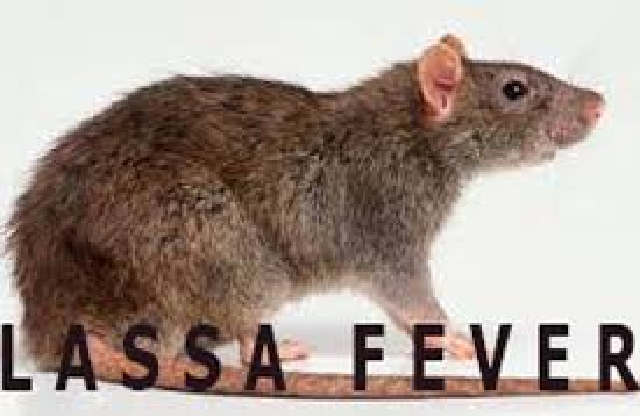The Nigeria Centre for Disease Control (NCDC) stated that the country is at a very high risk of increased Lassa fever transmission.
The NCDC announced on Monday that it has activated the national multi-sectoral emergency operations center for Lassa fever (LF-EOC) at level 2 to coordinate and strengthen ongoing response activities in the country.
The Centre also emphasized that the operations were activated on January 20 as a result of a risk assessment conducted by its experts and relevant stakeholders.
“The risk assessment resulted in the country being placed at a very high risk of increased Lassa fever transmission due to an unprecedented upward trend in the number of confirmed cases being reported compared to previous years, an increased number of states reporting cases compared to previous years, and an increased risk of healthcare worker infections and deaths due to Lassa fever infection,” the statement said in part.
According to the agency, Lassa fever has infected five health workers and killed one.
“Infection and death among healthcare workers accounted for 5 and 1, respectively, of the confirmed cases and deaths, highlighting the need for a higher index of suspicion among healthcare workers.”
The NCDC stated that the activation of the emergency operations center was intended to achieve a coordinated national response and to reduce disease-related suffering and death.
“Ahead of the projected rise of Lassa fever cases and as the country began to witness a rise in cases in the last week on November 2022, the NCDC prepositioned supplies for case management, infection prevention and control, laboratory diagnosis, etc. in all historical Lassa fever hotspots in the country.
“This was complemented by correspondence sent to the Honourable Commissioners of Health, the Nigerian Governors’ Forum, State Ministries of Health, and respective professional bodies of healthcare workers to alert and sensitize them on the situation as well as to advocate for in-State activities to respond to Lassa fever.”
















